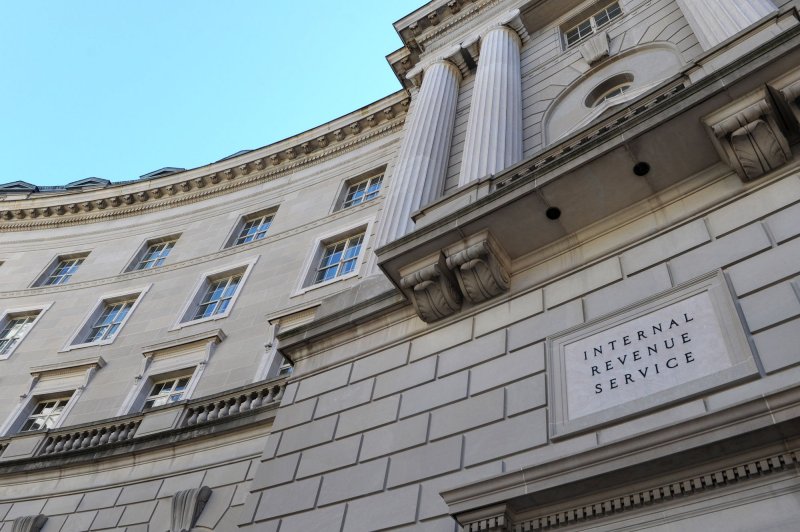Belarus: Demonstrations Against Lukashenko Continue
Politics | October 19, 2020, Monday

In Belarus during the weekend continued the protests against the newly elected “old” president Lukashenko and another 200 people were detained by the police reported France-Presse.
Most arrests were made in the capital Minsk. The downtown was blocked by armored vehicles.
Over 50 000 people took part in demonstrations according to AP. The protesters shouted “ Lukashenko – go away”
Police used rubber bullets against the protesters who threw stones.
Mass protests in Belarus started after the presidential elections on August 9th, which were won by current president Lukashenko with over 80%, according to officials. Many people in Belarus,opposition leaders and most European countries does not recognize the official results.
For the 10th straight weekend, anti-Lukashenko protesters marched through Minsk despite threats from police to fire live ammunition. Police reportedly fired rubber bullets into the air to disperse demonstrators.

For the 10th weekend rally in a row, tens of thousands of protesters opposing long-time President Alexander Lukashenko marched through the capital despite threats of force from authorities to open fire.
Protesters were heard chanting "Strike!" and "You and your riot police get out!"
Crowds of demonstrators waved red-and-white opposition flags, marching through Minsk amid a heavy security presence.
"There's no way back," protester Anzhela Krasovskaya told French news agency AFP. "If they start shooting then there would be even more people in the streets," she added.
Over 200 protesters were arrested during Sunday's protests, Belarusian Interior Ministry spokeswoman Olga Chemodanova told AFP, adding that most of the detentions were in Minsk.
Read more: Belarus leader Lukashenko could face sanctions, EU warns

Protesters were largely undeterred by threats from police to open fire
Images from social media showed security forces deploying water cannon and blockading streets with barbed wire and heavy machinery.
A local media reported that security forces fired rubber bullets into the air in response to demonstrators throwing stones.
An Interior Ministry spokesperson later confirmed the reports, telling AFP the rubber bullets were fired as a warning to protesters who threw stones at police.
Minsk authorities have also shut down a number of underground metro stations as well and decreased mobile internet coverage in an attempt to limit protests.

Security forces used water cannon and rubber bullets, but largely refrained from using riot control equipment on Sunday
Over two months of protests
Demonstrators in the former Soviet republic have been demanding Lukashenko's resignation for weeks.
After more than two decades in power, Lukashenko claimed another round of victory in the country's August 9 elections over popular opposition candidate Sviatlana Tsikhanouskaya.
Tsikhanouskaya, who fled to neighboring Lithuania after the vote, has called on Lukashenko to step down before October 25, warning he would otherwise face a nationwide general strike that would paralyze the country.
Ahead of Sunday's protest, Tsikhanouskaya urged Belarusians to continue their calls for justice.
"We will stop only when every political prisoner walks free, when members of law enforcement begin to defend the people, and rule of law and honest elections return to Belarus," she said.
Belarus security forces have so far arrested more than 13,000 people.
12 Oct, 2020
/cloudfront-ap-southeast-2.images.arcpublishing.com/nzme/E7ODVRPMKVBCF2H7LFB34H5CZI.jpg)
Daily Telegraph UK
By: Nataliya Vasilyeva
Belarusian authorities threatened to shoot protesters with live ammunition, as the regime of Alexander Lukashenko tries to put a stop to relentless demonstrations.
Gennady Kazakevich, a deputy interior minister, dismissed anti-Lukashenko protesters in televised remarks as "militants, radicals and anarchists" and said that law enforcement agencies were prepared to use live rounds against them.
"Police as well as internal troops will use crowd control measures and live ammunition if necessary," he said.
Belarusian police killed a man in the western city of Brest in August using live ammunition, but officials claimed at the time they had acted in self defence.
"People like that should resign," Andrey Fedorovich, an IT professional from Minsk who often goes to opposition protests, said of Kazakevich.
"Demonstrators have been as peaceful as can be," said Fedorovich. "Authorities are doing their best to radicalise the protest."
/cloudfront-ap-southeast-2.images.arcpublishing.com/nzme/DCM62JURL3YDGUTF4VP6KPW4JY.jpg)
Tens of thousands took to the streets of Minsk and other Belarusian cities yesterday and more than 700 people were arrested, according to the Belarusian Interior Ministry, in often violent scenes.
Today elderly women rallied in the capital carrying posters declaring: "Grandmas are with you!"
Footage from the protest showed plain-clothed police officers pepper-spraying and using stun grenades against the women.
A pensioners march against the President in Belarus. https://t.co/XzZYlCpGnj— Jonah Fisher (@JonahFisherBBC) October 12, 2020
Lukashenko, who has ruled Belarus since 1994, has described the demonstrators as paid agents and their leaders as criminals.
However, the threat of live ammunition was preceded by signs of increased diplomatic engagement, with Lukashenko meeting with dozens of opposition figures at a notorious KGB prison on Sunday.
Speaking to the visibly frail prisoners, Lukashenko said that "the constitution can't be written in the street" and urged them to "convince" their supporters to back down.
A day later, Belarusian authorities unexpectedly released two jailed businessmen with links to the opposition who were present at the meeting.


/cloudfront-ap-southeast-2.images.arcpublishing.com/nzme/L36AJW7USE3SUFFDZAI35ATHDM.jpg)
/cloudfront-ap-southeast-2.images.arcpublishing.com/nzme/ZU6CK46JKQICPWRB7ZO637GNJ4.jpg) Philadelphia firefighter John Elam talks to reporters during a press conference. Photo / AP
Philadelphia firefighter John Elam talks to reporters during a press conference. Photo / AP/cloudfront-ap-southeast-2.images.arcpublishing.com/nzme/X25AIXM5MXBRPDW2TENVQTQMGA.jpg)







